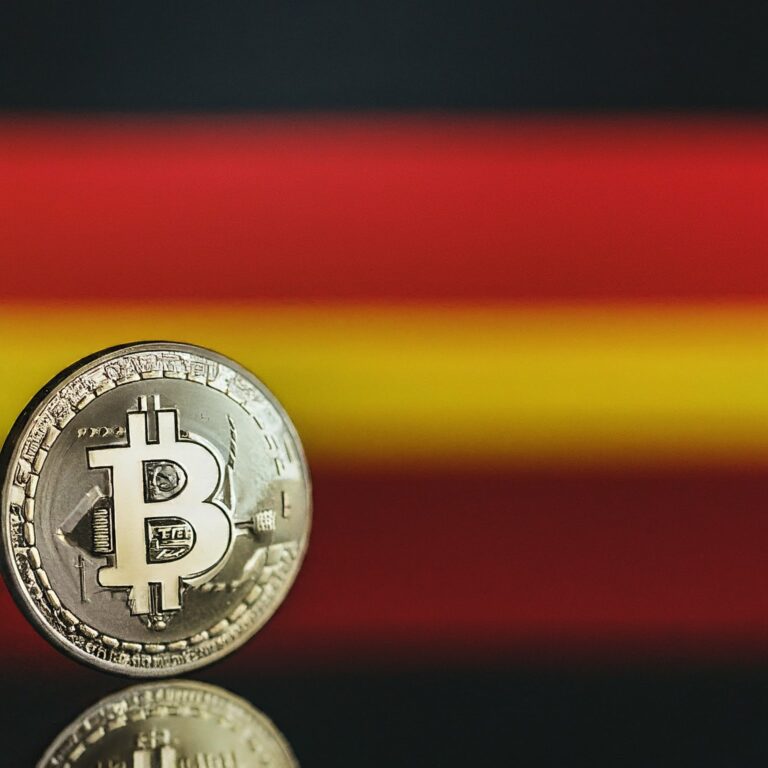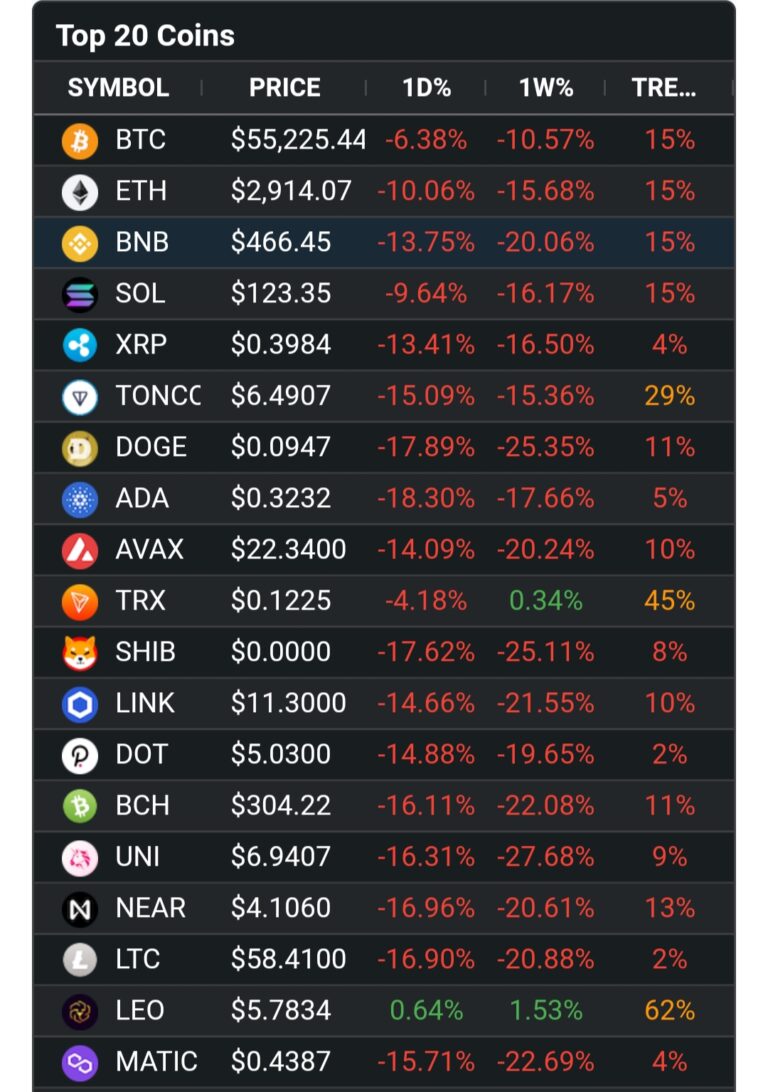El Salvador’s Bitcoin Holdings Drop Nearly 20% to $330 Million
El Salvador’s bold experiment with Bitcoin has been a topic of global fascination since its inception. The small Central American country made headlines when it adopted Bitcoin as legal tender, aiming to revolutionize its economy and position itself as a hub for cryptocurrency innovation. However, the recent downturn in Bitcoin’s value has seen El Salvador’s Bitcoin holdings drop nearly 20% to $330 million. This article delves into the financial implications of this decline, examining the potential impact on El Salvador’s economy and its future prospects in the volatile world of cryptocurrency.
The Advent of Bitcoin in El Salvador
El Salvador’s journey with Bitcoin began in June 2021 when President Nayib Bukele announced the groundbreaking decision to adopt Bitcoin as legal tender. The move was met with a mix of enthusiasm and skepticism globally. Proponents hailed it as a bold step towards financial innovation and inclusion, while critics warned of the potential risks associated with the volatility of cryptocurrencies.
Economic Rationale Behind Bitcoin Adoption
The rationale behind El Salvador’s adoption of Bitcoin was multifaceted. On one hand, it aimed to reduce the cost of remittances, which constitute a significant portion of the country’s GDP. Traditional remittance channels often involve high fees and long transfer times, whereas Bitcoin promised near-instant transactions at a fraction of the cost. Additionally, the government envisioned Bitcoin as a tool for financial inclusion, providing access to banking services for the unbanked population.
Initial Success and Challenges
Following the adoption, El Salvador experienced a surge in Bitcoin-related activities. The government launched the Chivo Wallet, a state-sponsored Bitcoin wallet, and incentivized its use by offering $30 worth of Bitcoin to every citizen who signed up. This led to a significant uptake, with millions of Salvadorans downloading the app. Furthermore, the country began accumulating Bitcoin through purchases made at various price points, aiming to leverage the cryptocurrency’s potential for long-term gains.
However, the journey was not without its challenges. Technical issues plagued the Chivo Wallet’s rollout, causing frustration among users. Moreover, the volatility of Bitcoin led to fluctuating valuations of the country’s holdings, raising concerns about financial stability.
Bitcoin’s Volatility and Its Impact on El Salvador
The inherent volatility of Bitcoin has been a double-edged sword for El Salvador. While the initial surge in Bitcoin’s value following its adoption brought significant gains, the subsequent market downturn has resulted in substantial losses. As of now, El Salvador’s Bitcoin holdings have dropped nearly 20% to $330 million. This decline underscores the risks associated with holding a highly volatile asset as part of a nation’s reserves.
Financial Implications of the Drop in Bitcoin Holdings
The drop in Bitcoin holdings has several financial implications for El Salvador. Firstly, it impacts the country’s fiscal position. The government had planned to use profits from Bitcoin investments to fund various projects, including infrastructure development and social programs. With the value of its holdings declining, these plans may need to be reassessed.
Additionally, the depreciation of Bitcoin holdings could affect investor confidence. While some investors may view the current dip as a buying opportunity, others may become wary of the risks associated with investing in a country that holds a significant portion of its reserves in a volatile asset.
Government Response and Future Strategies
In response to the drop in Bitcoin’s value, the Salvadoran government has maintained a bullish stance on the cryptocurrency. President Bukele has frequently expressed his belief in Bitcoin’s long-term potential and has continued to advocate for its use. The government has also announced plans to issue Bitcoin bonds, aiming to raise funds for further investments in the cryptocurrency.
Moving forward, El Salvador may need to adopt a more diversified approach to managing its reserves. While Bitcoin remains a key component of its strategy, balancing it with other assets could help mitigate the risks associated with its volatility.
However, the reliance on Bitcoin also poses challenges. The volatility of the cryptocurrency market can lead to unpredictable swings in the value of the country’s holdings, complicating fiscal planning and economic stability. Additionally, the regulatory environment for cryptocurrencies remains uncertain, both domestically and internationally, which could impact El Salvador’s Bitcoin strategy.
El Salvador’s Bitcoin Holdings
El Salvador’s Bitcoin holdings have been a focal point of its economic strategy. As the first country to adopt Bitcoin as legal tender, it has amassed a significant amount of the cryptocurrency. The recent drop in the value of these holdings to $330 million, however, highlights the challenges associated with managing a highly volatile asset. The government’s response and future strategies will play a crucial role in shaping the long-term impact of this bold experiment.
The Future of Bitcoin in El Salvador
Looking ahead, the future of Bitcoin in El Salvador remains uncertain but filled with potential. The country’s continued investment in Bitcoin, coupled with its efforts to foster a crypto-friendly environment, could position it as a leader in the digital economy. However, navigating the challenges of volatility, regulatory uncertainty, and public opinion will be key to ensuring the success of this ambitious endeavor.
Conclusion
El Salvador’s journey with Bitcoin is a pioneering experiment that has captured the world’s attention. The recent drop in its Bitcoin holdings to $330 million underscores the volatility and risks inherent in the cryptocurrency market. However, with careful management and strategic planning, El Salvador has the potential to harness the benefits of Bitcoin, driving economic innovation and growth. The lessons learned from this experiment will be invaluable for other countries considering similar paths, shaping the future of cryptocurrency adoption on a global scale.





